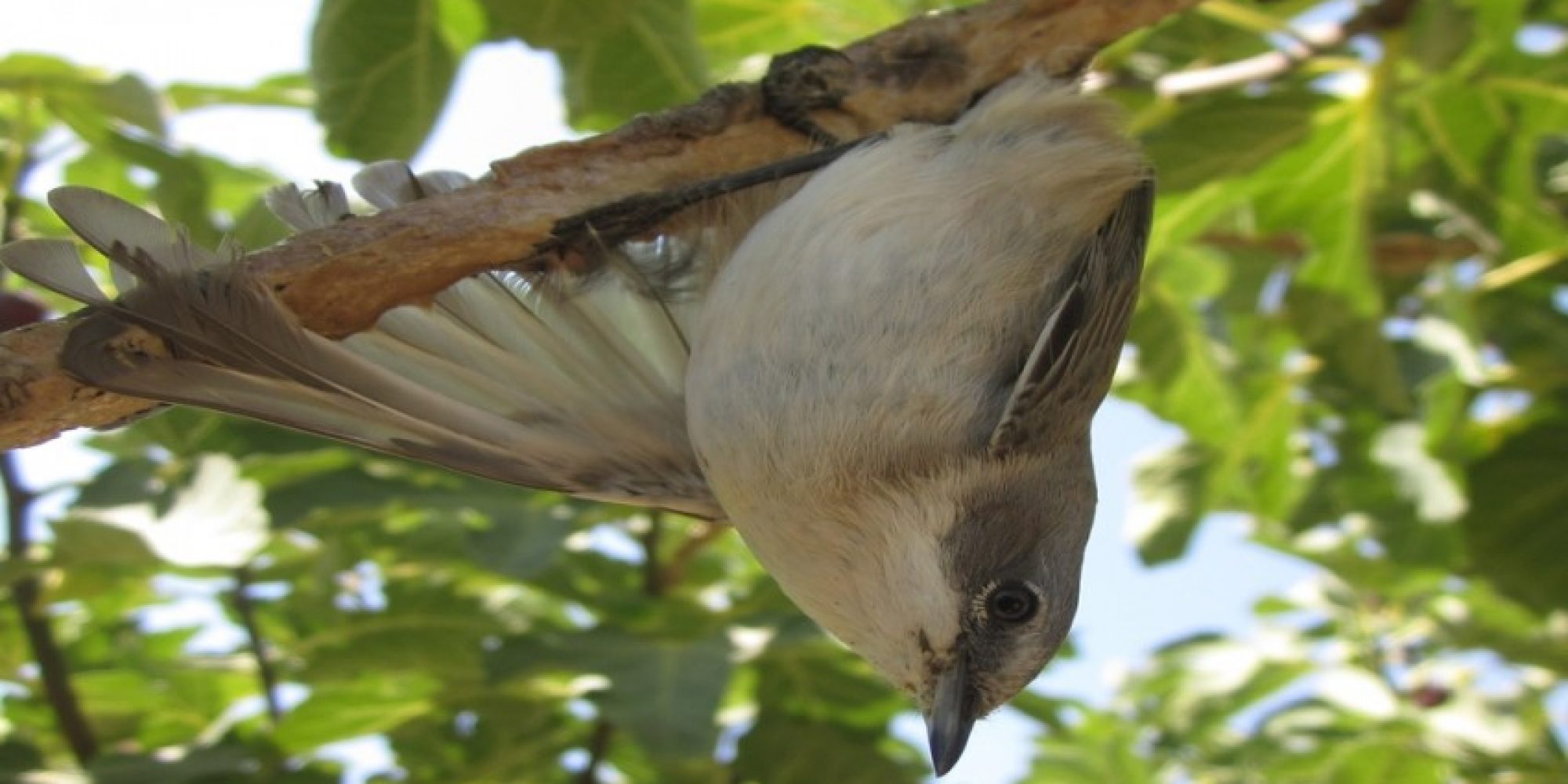Cyprus, as a migration corridor for hundreds of thousands of birds of over 200 different species, but also as part of the European and international community, has the obligation to protect wild birds. The new reality, following the approval of specific provisions of the controversial law amendment, unfortunately seems to be moving things in the opposite direction. Birds are a common good to which we all have a right. And with this right, we all share the responsibility for their protection. People depend on healthy ecosystems and birds constitute an integral part of these systems.
Deeply disappointed by the approval of the controversial ‘The Protection and Management of Wild Birds and Game Species (Amendment) Law of 2016′ with a shocking majority of 36 for and only 4 against (Costis Efstathiou, EDEK, Pavlos Mylonas, independent, Anna Theologou – Citizens Alliance and Charalambos Theopemptou, Green Party) are BirdLife Cyprus, the Cyprus Conservation Foundation Terra Cypria, Friends of the Earth Cyprus, the Committee Against Bird Slaughter (CABS) and the Foundation Pro Biodiversity (SPA). We believe that the law amendment will be counterproductive for the sustainable management of game and the conservation of wild birds and ineffective with regards to better combatting of poaching and illegal bird trapping.
The law amendment confronts us with new realities, and specifically three particularly problematic points.
Firstly, with the law amendment, trappers caught with up to 72 limesticks are liable to a fine of 200 euro, a penalty that is neither deterrent nor punishment. The separate (and looser) regulation gives an indirect message of decriminalisation of limesticks to the supporters of this illegal practice. The excuse that limesticks are a traditional method do not carry any weight under the EU Birds Directive. Spain was condemned by the European Court of Justice for failing to fulfil its obligations under the Directive, because of the use of a similar method to limesticks (‘parany’), a practice that Spain tried to justify as traditional.
Secondly, regarding the on-the-spot fines regulation of all offences, we have concerns and doubts over its implementation, without which, the amendment equates to a weakening and relaxation of the law. We have serious reservations over how game wardens will be able to impose on-the-spot fines without risking their personal safety. An older amendment introducing on-the-spot fines for use of calling devices, resulted in the decrease of reporting and the increase in the use of these illegal devices.
Thirdly, in restaurants where game cooked at home by hunters can now be eaten, it is expected that chaos will reign. It will be very difficult for responsible officers to check whether the cooked birds being consumed are a game species, and practically impossible for them to check whether game has been killed by legal means. Ambelopoulia and trapping remain illegal, but with the provisions of the law amendment, combatting illegal sale and consumption becomes very difficult.




